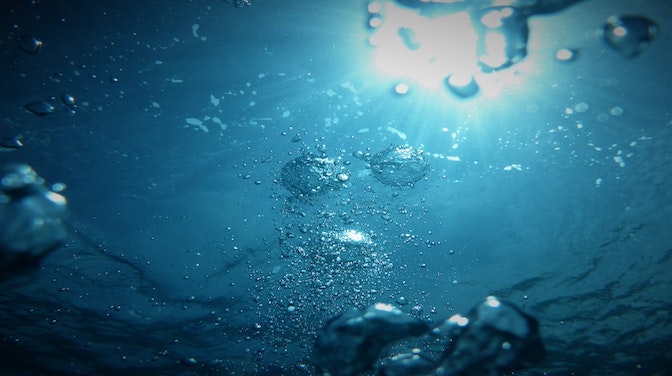Not to mention that from a 'research' standpoint, the setup for an objective and decisive conclusion would be rather complex. First, you'd have to be able to demonstrate that the same (or equivalent, which would be sooo difficult to be sure of) record cleaned with surfactant sounded better than that record (or equivalent) cleaned without surfactant. And if this is attempted by first cleaning the record with just distilled water, listening, then cleaning it again with surfactant added, and listening again, you'd have to have a control of that same record (or equivalent) cleaned twice without surfactant added for the second cleaning to rule out the possibility that the second cleaning alone is accounting for the improved sound. Might be a fun exercise, but practically speaking, for me, since I'm quite happy with the results I'm getting using distilled water, I'm going to stick with that for now. And I'll report back once I get my Zerostat 3 about whether this eliminates the wee bit of crackle I get on occasion.


